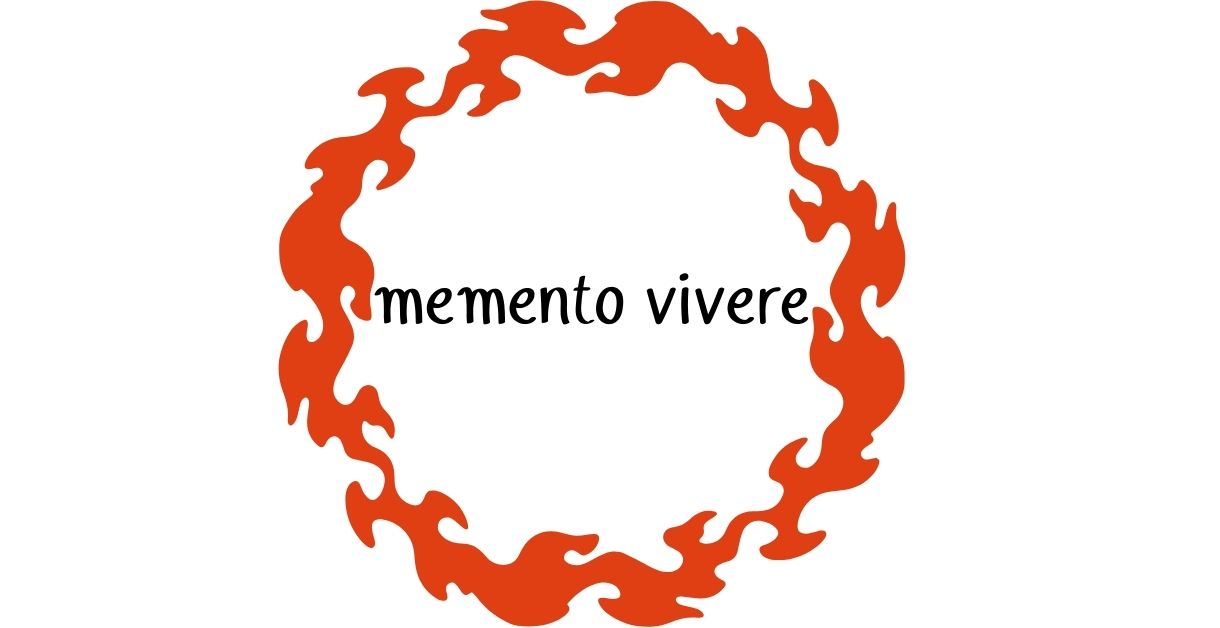Living in perpetual denial is a complex psychological state where individuals consciously or subconsciously refuse to accept reality. This phenomenon can significantly impact personal growth, relationships, and overall well-being. In this article, we’ll delve into the signs, causes, effects, and strategies to overcome living in denial.
Understanding Perpetual Denial
Denial is a defense mechanism that protects individuals from facing uncomfortable truths. Living in perpetual denial, however, transforms this temporary response into a long-term pattern that distorts reality and impedes progress.
The Psychology Behind Denial
Denial serves as a coping mechanism to shield individuals from painful emotions such as fear, guilt, or shame. This behavior often stems from deep-seated insecurities or traumatic experiences, enabling individuals to avoid immediate emotional discomfort.
Signs of Living in Denial
Identifying denial in oneself or others is not always straightforward. Common signs include avoiding discussions about sensitive topics, rationalizing negative behaviors, and refusing to acknowledge personal shortcomings.
The Role of Fear in Denial
Fear plays a pivotal role in perpetuating denial. Whether it’s fear of failure, judgment, or change, these anxieties compel individuals to construct a facade that conceals the underlying reality.
Impact on Personal Growth
Living in denial stunts personal growth by preventing individuals from learning from their mistakes. By refusing to acknowledge errors, people miss out on opportunities for self-improvement and development.
How Denial Affects Relationships
Denial can strain relationships, as it often leads to misunderstandings and unresolved conflicts. Refusing to confront issues creates emotional distance and fosters resentment among loved ones.
Denial in the Workplace
In professional settings, denial can hinder productivity and collaboration. Avoiding constructive feedback or ignoring workplace challenges can negatively impact team dynamics and individual performance.
Denial and Mental Health
Prolonged denial takes a toll on mental health, leading to stress, anxiety, and even depression. Suppressing emotions and avoiding reality exacerbates psychological distress over time.
Cultural and Societal Influences
Cultural norms and societal pressures can contribute to denial. For instance, stigmas surrounding mental health or societal expectations of perfection often compel individuals to suppress their struggles.
Overcoming Denial: The Path to Acceptance
Acknowledging denial is the first step toward overcoming it. Acceptance allows individuals to confront their fears and take responsibility for their actions, paving the way for positive change.
The Power of Self-Awareness
Self-awareness is crucial in breaking the cycle of denial. By reflecting on behaviors and seeking honest feedback, individuals can uncover patterns of denial and work toward resolution.
Seeking Professional Help
Therapists and counselors play an essential role in addressing denial. Professional guidance provides a safe space to explore underlying issues and develop coping strategies.
The Importance of Support Systems
Having a strong support system of friends and family is invaluable in overcoming denial. Encouragement and understanding from loved ones can motivate individuals to face their realities.
Embracing Change and Growth
Overcoming denial involves embracing change and recognizing that growth often comes from discomfort. Accepting challenges and learning from them fosters resilience and confidence.
Living Authentically
Breaking free from denial allows individuals to live authentically. By embracing truths, people can build healthier relationships, pursue meaningful goals, and achieve a greater sense of fulfillment.
Conclusion
Living in perpetual denial may offer temporary comfort, but it ultimately hinders growth, damages relationships, and impacts mental health. By acknowledging the problem, seeking support, and embracing change, individuals can transition from denial to acceptance, unlocking their potential for a more authentic and fulfilling life.
FAQs
What causes people to live in denial?
Denial often stems from fear, trauma, or societal pressures, preventing individuals from facing uncomfortable truths.
Can denial affect physical health?
Yes, prolonged denial can lead to stress-related health issues, such as high blood pressure and weakened immunity.
How can I help someone in denial?
Approach them with empathy, encourage open communication, and suggest seeking professional help if needed.
Is denial always harmful?
While temporary denial can be a coping mechanism, prolonged denial often leads to negative consequences.
What are the first steps to overcome denial?
Begin by acknowledging the issue, practicing self-awareness, and seeking support from trusted individuals or professionals.











